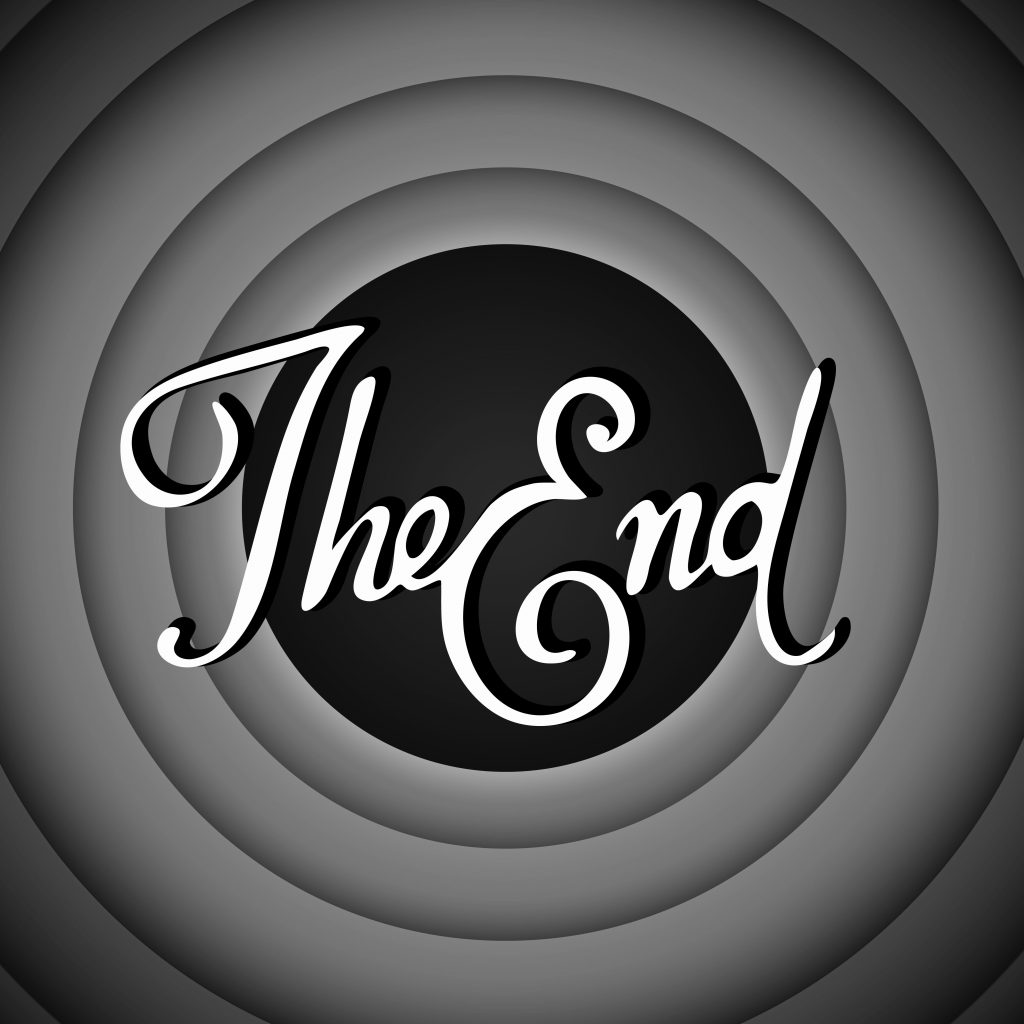We always talk about first impressions.
But last impressions matter just as much.
In his TED-talk (embedded below) Daniel Kahneman mentions the anecdote of a music lover who listens to the recording of a symphony. The music is glorious and the listener has a great time. But at the end comes a horrible screeching sound. „It ruined the whole experience,“ the man told Kahneman.
And this, thinks Kahneman, is strange. The man had a wonderful time. The screech only came at the end. Yet, it ruined what came before it.
That is the power of the end: it determines how we remember the whole thing. And it’s not just symphonies of course. The end influences how we remember communications: meetings, presentations, speeches and texts.
So the end is important. But what makes a good end?
To be effective, the end doesn’t have to be spectacular or surprising. Most of all, it shouldn’t come too late: bad endings are endings that didn’t know where to stop. So the question is: How do you know where to stop? It’s actually not difficult if you know what you want to achieve. In other words, the end depends on your goal.
The goal can be different things:
- an important information that you want people to remember
- a feeling that you want to inspire
- a concrete action that you want your audience to take.
Either way, the goal should be only one thing.
It helps to ask this question very explicitly:
At the end, what is the one (really just one) thing that I want to have achieved?
Your answer to that question guides you to your end. You know you are at the end when you’ve provided the information that is necessary to achieve your goal. At that point, all you need to do is wrap up. And you don’t need to be overly creative with that. Here are some simple but effective ways to end:
You can summarise the main message. You can give a final tip. You can answer a question that you started with. Or you just stop.
Thanks to Sandra Lizioli for the inspiration to this post.


4 thoughts on “How to make a good end”
In psychology the effect is known as primacy-recency effect. The things you remember best (in a list or a story) is the beginning an the End.
Filmmakers or better actors know this. If you cant get the first place in the closing credits its better to get the last than any other.
Special appearance: ROMAN STÖPLLER
Hi Roman,
this is great. I realise more and more that every communicator should really study Psychology.
I love this line in the Anglo-Indian movie ‘Exotic Marigold Hotel’ when guests are complaining that nothing works as it should in their hotel still undergoing renovation. Spoken in an Indian accent and accompanied with the nodding of the head, he replies: everything will be alright in the end. If it’s not alright, it’s not yet the end! Now let’s apply that mantra to speaking!
Love that Sandra. It also reminds me of the first night I ever spent in India. I checked in from the airport at 3am. Repair work in the neighboring room started 7am 🙂